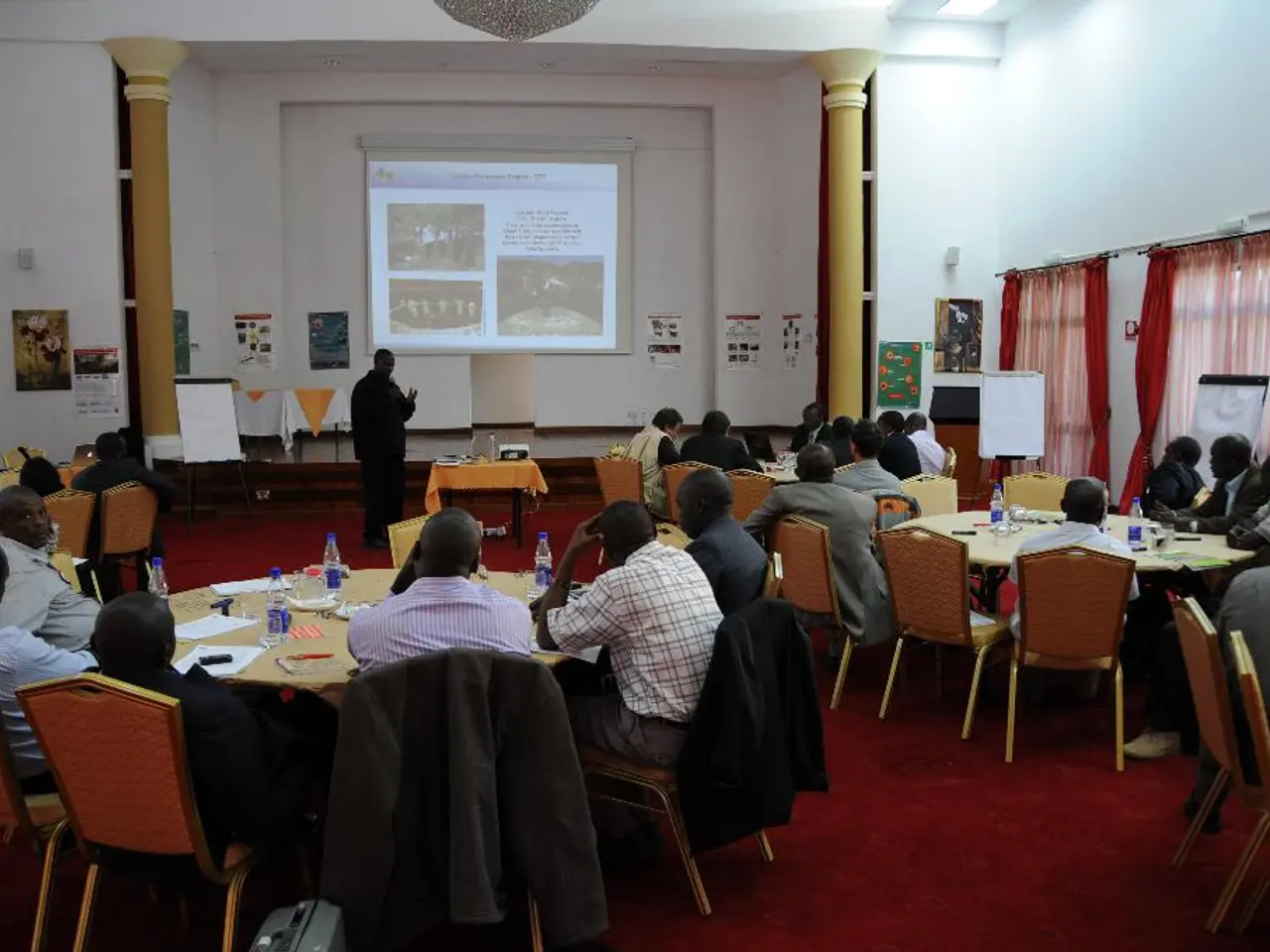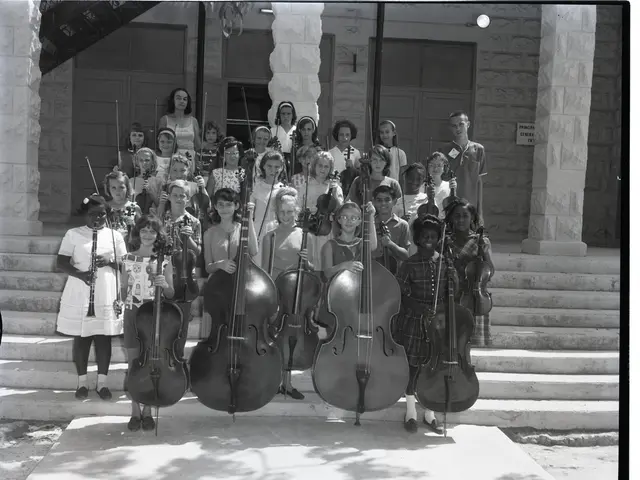Bern's Grand Council Rejects Lottery Seating, Sticks to Party Affiliation
Bern's Grand Council has decided to retain its current seating arrangement, rejecting a proposal to allocate seats by lottery. The bureau of the council argued that a random seating system could hinder party communication and create logistical issues.
Currently, seating in Bern's Grand Council is determined by party affiliation, a model followed by most parliaments, including the Swiss Federal Assembly. The Nidwalden Cantonal Council is an exception, using a residential community-based system.
The rejected motion suggested trialling a lottery-based system for two sessions. The aim was to counter political polarization and encourage cross-party dialogue. However, the bureau argued that such a change could disrupt party communication skills and pose logistical challenges.
The seating arrangement in Bern's Grand Council will remain unchanged, with seats assigned based on party affiliation. The council's bureau emphasized the importance of maintaining effective communication within party groups.
Read also:
- American teenagers taking up farming roles previously filled by immigrants, a concept revisited from 1965's labor market shift.
- Weekly affairs in the German Federal Parliament (Bundestag)
- Landslide claims seven lives, injures six individuals while they work to restore a water channel in the northern region of Pakistan
- Escalating conflict in Sudan has prompted the United Nations to announce a critical gender crisis, highlighting the disproportionate impact of the ongoing violence on women and girls.





